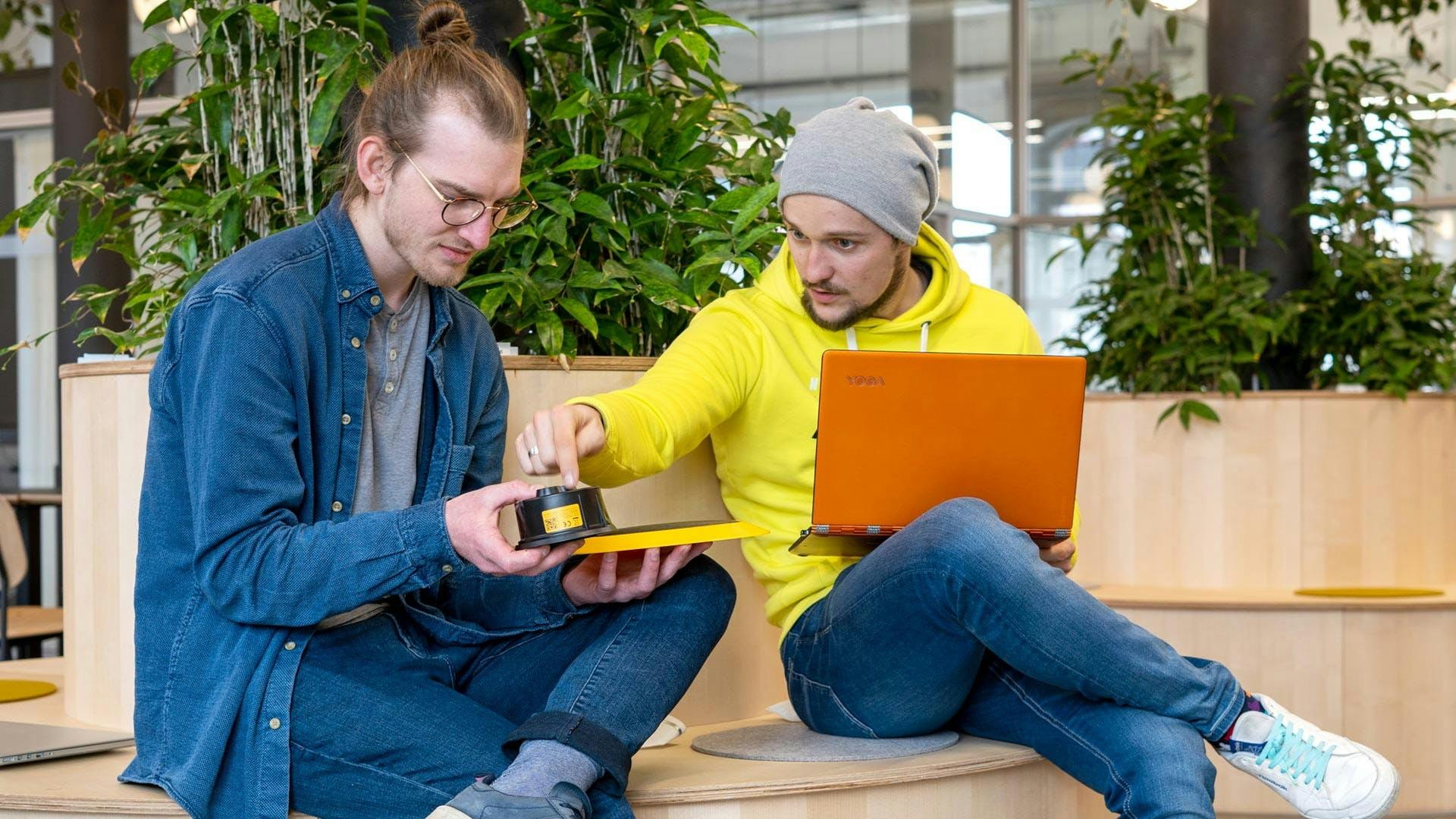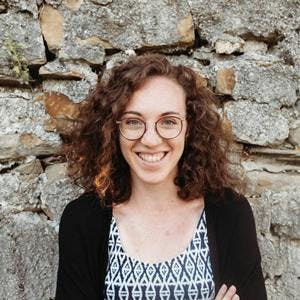Marco Parco makes it easier to find a parking space
n urban centers around the world, traffic congestion and car parking are daily challenges for millions of people. Kraftfahrt-Bundesamt, Germany’s Federal Motor Transport Authority, reports that there are more than 48 million registered cars in Germany, with 89% of them registered to private owners. Marco Parco, a startup based in Nuremberg, aims to solve the frustration of finding a parking spot with a marketplace and consumer app.
According to a 2017 study, drivers in Germany spend an average of 41 hours per year looking for parking spots. This leads to wasted time and fuel, as well as unnecessary carbon emissions and urban air pollution.
Although the COVID-19 lockdowns have reduced urban traffic, parking is still a problem. Many of us are avoiding shared public transport in favor of driving, and finding a parking spot remains a frustrating and time-consuming challenge in many city centers.
“I know the pain of not knowing where to park or how to find a parking lot that’s free,” says Florian Fuchs, CEO of Marco Parco. In his own commute, he would usually park on the outskirts of Nuremberg and bike into the center to avoid the stress of finding a convenient spot. The experience prompted him to create a solution. “It made intuitive sense to me to say let’s digitize everything and use resources that aren’t used yet,” he says.
[You may also like: “A German guy who does something with energy”: How Torsten Schreiber created Africa GreenTec]

Marco Parco CEO Florian Fuchs with his team. Photo: Marco Parco GmbH
Connecting drivers to their next parking spot
Florian explains that Marco Parco’s founding story doesn’t follow the typical startup’s journey. “The company was founded as a spinoff of a hardware company, Smart City System,” he says. Smart City System makes smart sensors that digitize private parking lots, allowing owners to track occupancy data easily and remotely. It works with large companies in Germany, including Vodafone and the Hamburg Airport.
Maximilian Fossler, a former Smart City System employee and current CTO of Marco Parco, developed Marco Parco’s MVP with some colleagues and formally founded the company in 2019. Florian joined as COO in May 2020, and became CEO later that year. Maximilian’s background in software engineering and Florian’s in business consulting make a complementary team.
Marco Parco is an app that provides real-time access to private parking spots for users looking for short-term parking. Private companies and individuals who have parking spaces to rent make them available on the Marco Parco rental module for a set amount of time and price each day. The app then provides drivers looking for parking with the best available spot. Marco Parco takes a fee from rental operators and drivers only pay for the parking cost. “The person who is looking for a parking spot can specify the time, place and walking radius to their destination,” says Florian.
The app is powered by a geospatial model that can predict how in-demand particular parking spots will be. It collects aggregated occupancy data on the parking lots on the platform and uses this to better predict parking hotspots at certain times.
With our app, you know the parking lot is free at the time you want to park there.
How Marco Parco differs from other parking apps
A number of startups around the world are using technology to improve the parking experience. In Germany, Daimler and BMW have collaborated on Park Now, a company that’s part of the Your Now brand of mobility solutions. The app allows drivers to find parking spaces in cities across the country and lets them reserve spots in private parking lots in advance. Parkdepot, a seed-stage startup based in Munich, is digitalizing private parking lots using cameras and raised €4.2 million in March 2021.
So what sets Marco Parco apart? Florian explains that the company only works with privately owned parking lots or private spaces and that its spaces have sensors that provide real-time information on occupancy. “It’s not only if someone has booked the lot, it’s also if they’re there right now or not,” says Florian.
He explains that competitors are digitalizing the booking and payment elements of parking, but that they don’t have insights into how full their parking lots are at any given moment. Florian says that it’s common for drivers using other apps to arrive at a parking lot they’ve booked online, only to find it’s already full. “With our app, you know the parking lot is free at the time you want to park there,” he says.

Photo: Marco Parco GmbH
Launching and overcoming challenges
In February 2021, Marco Parco joined ZOLLHOF, a tech-focused incubator in Nuremberg. The six-month incubation program is tailored to the needs of each startup that participates and includes workshops, mentorship, office space and more. It has helped Marco Parco to accelerate and focus its product development, and the app launched in March 2021.
“ZOLLHOF helps us a lot with honing in on our strengths, seeing which areas we need to work on and which areas we can exploit or are our strengths already,” says Florian.
Prior to joining ZOLLHOF, Marco Parco raised seed money in a friends and family round. Once it has established product–market fit – which Florian believes will happen by October 2021 – the founders hope to launch a new funding round. Florian says that the company is experiencing typical marketplace business model challenges, explaining that they need parking lots to generate demand from drivers, but that parking lot owners want to see driver demand.
They’re lofty goals, but that’s why we’re in the startup world.
Building an up-and-coming business in an up-and-coming city
Maximilian and Florian founded Marco Parco in Nuremberg because they were both born and raised in the area, but Florian says that the region’s strength is that it is well-connected to other national hubs and that the economic pressure is lower here than in Munich or Berlin. He notes that there is less startup support here than in larger cities, but says that this is improving, with organizations such as ZOLLHOF helping to build a strong and distinct startup ecosystem in Nuremberg.
The five-person Marco Parco team has big plans. By the end of 2021, Florian hopes to have solidified the company’s business model and to be operational in most major German cities. He aims to expand to neighboring countries in the DACH region and France within two years. “They’re lofty goals, but that’s why we’re in the startup world,” he says.
Want to know more about Germany’s startup scene? Startup Guide Germany includes valuable tips, founder stories and expert insights. Order your copy now!
Written by Alexandra Connerty.

